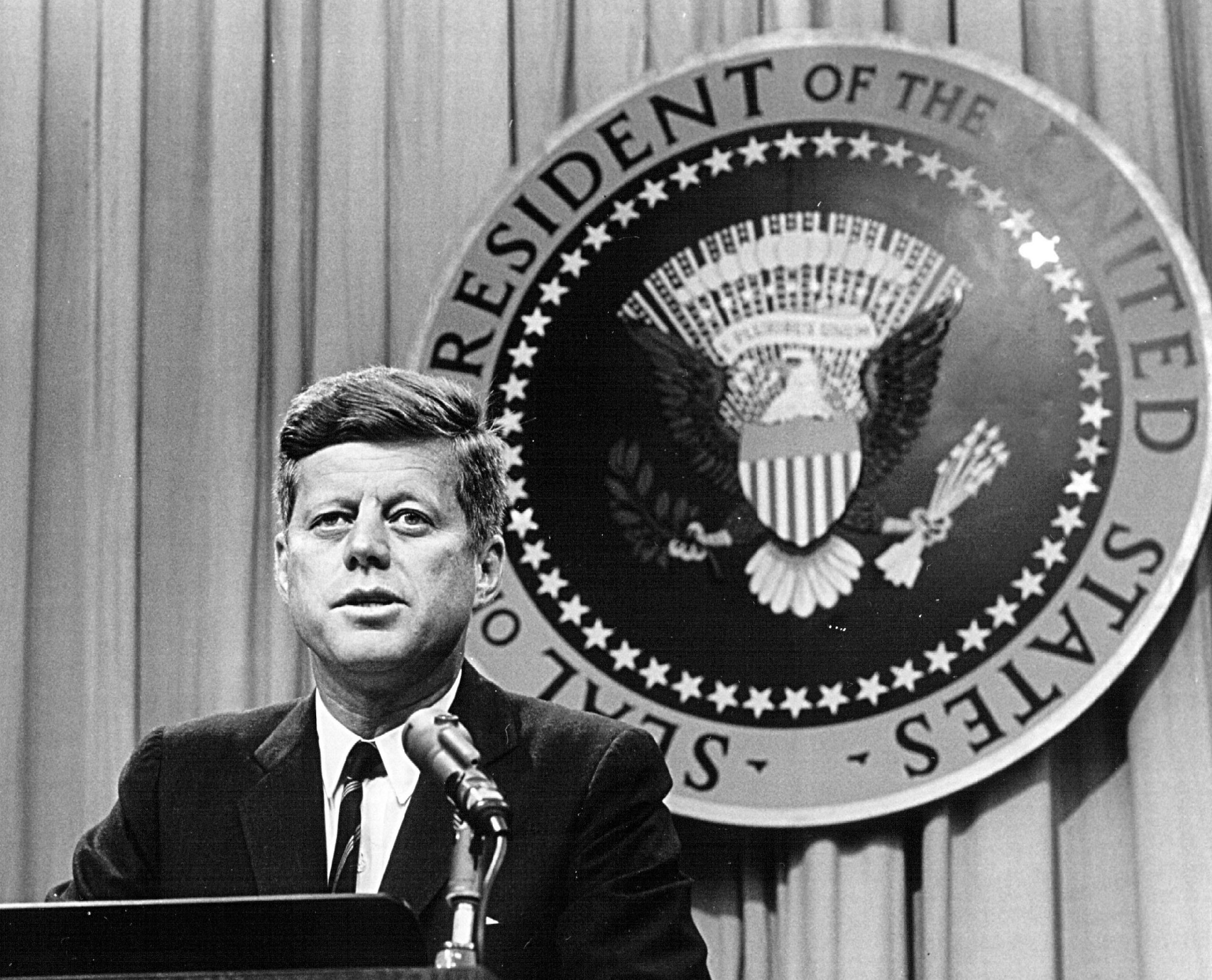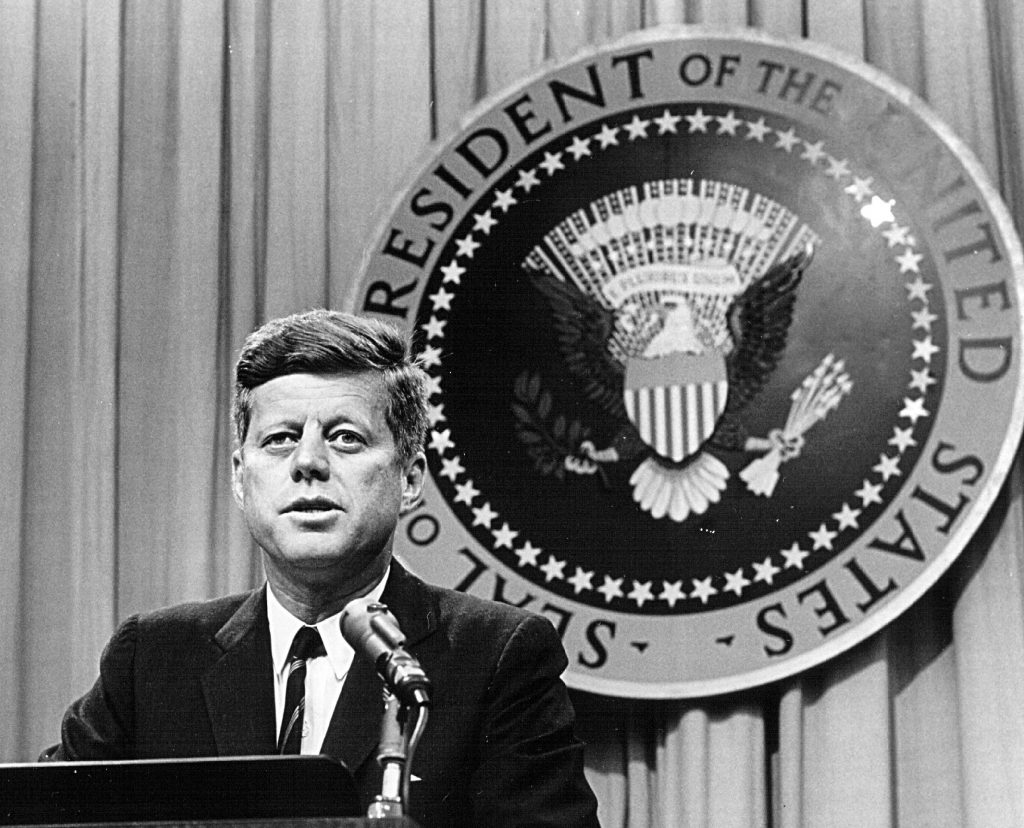
National Archive/Getty Images
- The White House has delayed a planned release of classified documents about JFK's assassination.
- In a memo President Biden said that the pandemic had hampered the process of reviewing possible redactions.
- President John F. Kennedy was assassinated in 1963, and his death has sparked numerous conspiracy theories.
The White House said it would again delay the release of long-classified documents relating to President John F. Kennedy, citing the "significant impact" of the COVID-19 pandemic.
President Joe Biden issued a memo on Friday that said that most of the files will now be withheld until December 15 of next year, with some due to be released later this year.
The memo said that the pandemic has had a "significant impact" on the National Archives and Records Administration's ability to review whether redactions continue to meet the "statutory standard."
The agency said it needed additional time to research the material and "maximize the amount of information released."
President John F. Kennedy was fatally shot in 1963 as he drove through downtown Dallas in a presidential motorcade.
Lee Harvey Oswald, a former Marine, was arrested for the assassination but was shot dead two days later on live television.
The mystery shrouding the assassination, and perceived government secrecy, has since spawned numerous conspiracy theories.
In 1992, it was ruled that all documents about JFK's murder should be eventually made public, except for "the rarest cases" where there is any legitimate need for continued protection.
Since then, over 250,000 records relating to the assassination have been released, making up more than 90% of the collection.
In 2017, former President Donald Trump released several thousand documents about the assassination, including FBI, CIA, and other agency documents.
He did, however, choose to delay the release of some of the files until 2021, citing "identifiable harm to national security, law enforcement, or foreign affairs."
The released documents shed light on the assassination's details, including Oswald's attempts to get a Soviet or Cuban visa in Mexico City and controversy surrounding the CIA's counter-espionage chief.
The documents also revealed information not related to JFK's killing, including discovering an FBI dossier on Martin Luther King Jr., dated weeks before his assassination in 1968.
Biden said that the delay in releasing the documents was "necessary to protect against identifiable harm to the military defense, intelligence operations, law enforcement, or the conduct of foreign relations" and that this "outweighs the public interest in immediate disclosure."
